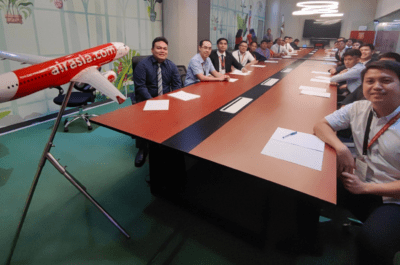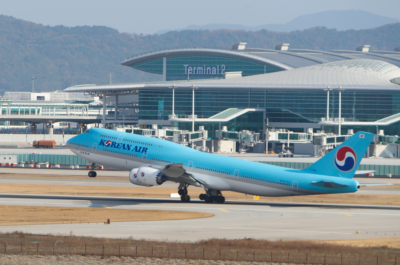…
The aviation industry has been challenged to show hard evidence of its intentions to reduce emissions, by the Managing Director of one of the UK’s leading travel businesses. Speaking at a debate hosted by the Chartered Institute of Marketing Travel Industry Group (CIMTIG) in London earlier this week, The Co-operative Travel’s Mike Greenacre suggested that the aviation industry was in danger of being left behind in the battle to reduce emissions unless it acted immediately.
“In last week’s climate summit at the UN headquarters, BA, IATA and others pledged to cut net carbon dioxide emissions from the aviation industry to half the 2005 levels by 2050,” he said. “This is a huge step forward, but we must not delude ourselves: an enormous amount of work – backed up by hard cash – is required to make this a reality, and interim targets must be set to make sure we are on track. It won’t be cheap and it won’t be easy, but to stand any chance of being successful we must act now.
“If we are to reduce overall greenhouse gas emissions by the Government’s target of 80 per cent by 2050, aviation should only be allowed to grow within its current emissions levels. Taking forecasts from the Department for Transport, it is possible that aviation could account for nearly half of the UK’s emissions budget in 2050.
“If this was the case, it would mean that every other sector and activity within the UK economy, including heating and lighting in the home, would have to reduce emissions by nearly 90 per cent.
“I can’t see how this is at all equitable, desirable or possible under the government’s current position.
“Various studies, including those backed by the Department for Transport, show that through the application of lighter airframe design, improved engine efficiency and better air traffic management the industry could achieve improvements of one – two per cent per annum. This, whether we like it or not, is the sustainable level at which aviation can grow.”
Greenacre also reemphasised The Co-operative Travel’s objection to a new runway at Heathrow. “Any growth that is allowable should be primarily at regional airports that have capacity. There is plenty of space at regional airports that don’t need new runways: Manchester, Nottingham East Midlands, Leeds Bradford and Southampton could all increase capacity substantially without new runways. I believe that the environmental issues that we face today are emerging as the single most important that the travel industry as we know it has ever faced – and the conclusions that we arrive at in the months and years ahead will have far-reaching consequences,” concluded Greenacre.
Vicky is the co-founder of TravelDailyNews Media Network where she is the Editor-in Chief. She is also responsible for the daily operation and the financial policy. She holds a Bachelor's degree in Tourism Business Administration from the Technical University of Athens and a Master in Business Administration (MBA) from the University of Wales. She has many years of both academic and industrial experience within the travel industry. She has written/edited numerous articles in various tourism magazines.

































































